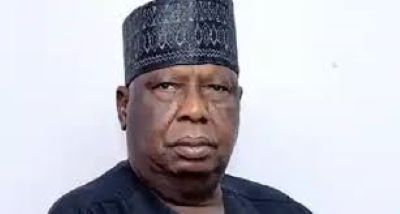ASHENEWS reports that security experts have deliberated on the dangers of leaked classified documents to national security.
The discussions took centre stage during the weekly Arena of Knowledge lecture series, an initiative of the Police Service Commission.
Delivering a lecture during the event, the Director, Human Resource Management in the Commission, Aminu Malumfashi explained that there remains room to protect government data despite the Freedom of Information Act of 2011.
“it does not override the government’s authority to protect classified information essential to national security,” he said.
Malumfashi who said that unauthorised leakage of sensitive official documents constitutes a felony with no defence available under either the Nigerian Constitution or the Act added that leaking classified information “carries far-reaching implications that span legal, ethical, political, security and Public dimensions.”
He noted that while some view leaks as whistle-blowing that exposes wrongdoing and promotes accountability; others argue that they pose serious threats.
The Director therefore explained that balancing transparency with the protection of sensitive information remains a complex challenge adding that “understanding this is crucial to achieve a harmonious balance in every organisation.”
Similarly, the Personal Assistant to the PSC Chairman and former Commissioner of Police, Legal Services, CP Suleiman Nayaya suggested proper vetting and background checks of employees and adequate training and development systems to prevent leakages.
This, he said is in addition to compliance with the process and procedures of principles of classification of classified information and documents and proper custody and care of classified information and documents.
He mentioned interdiction, suspension, dismissal or jail term as some of the likely consequences that may affect defaulters.
Nayaya noted that there are exceptions to the Right of Access to Information in the International Human Rights Treaties and Conventions.
These he said include respect for the rights or reputation of others; protection of national security of public order, public safety, public health and public morality.
Others he noted, are preventing the disclosure of information received in confidence, or for maintaining the authority and impartiality of the Judiciary; prevention, investigation and presentation of criminal activities; disciplinary investigation etc.


